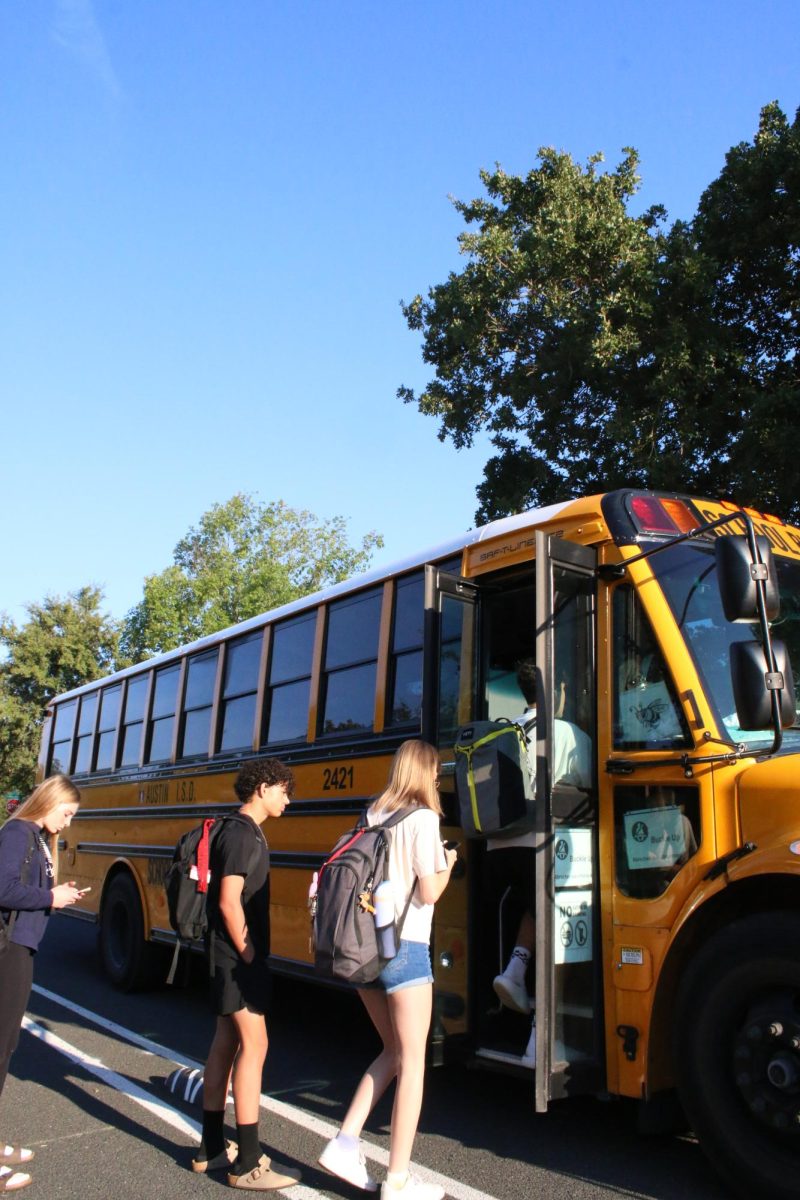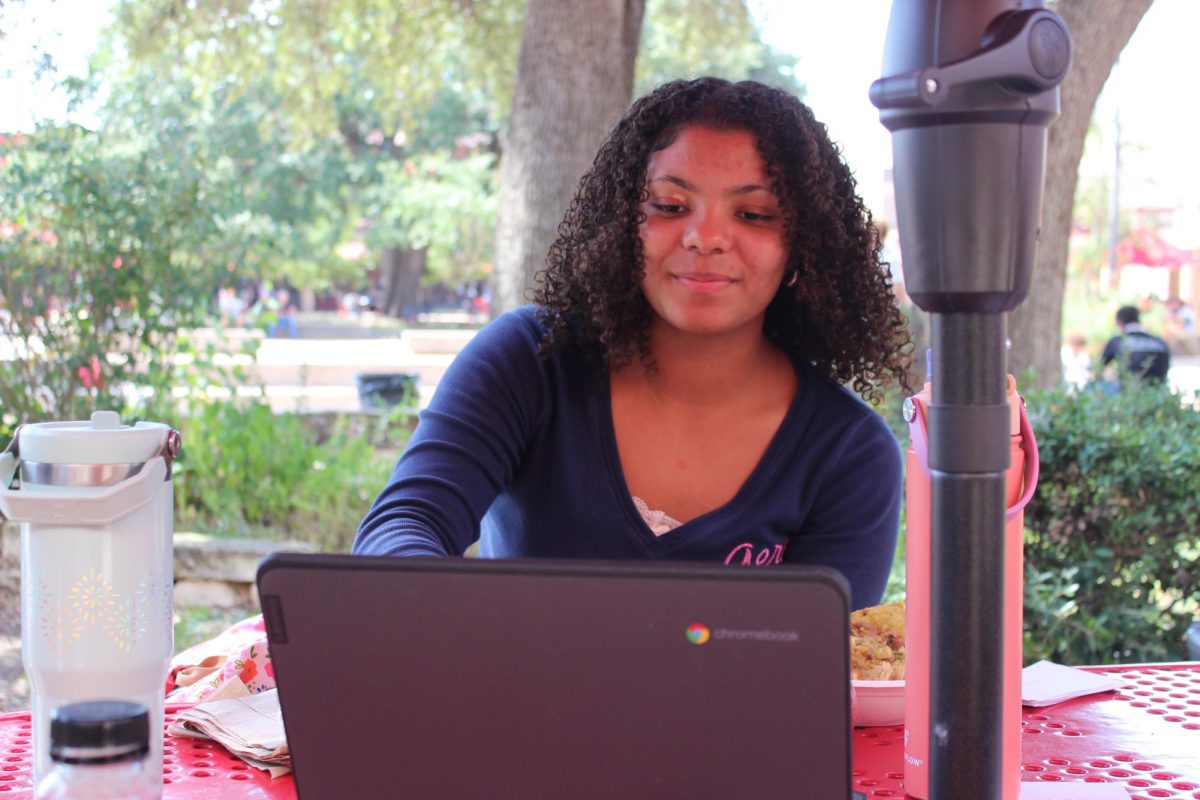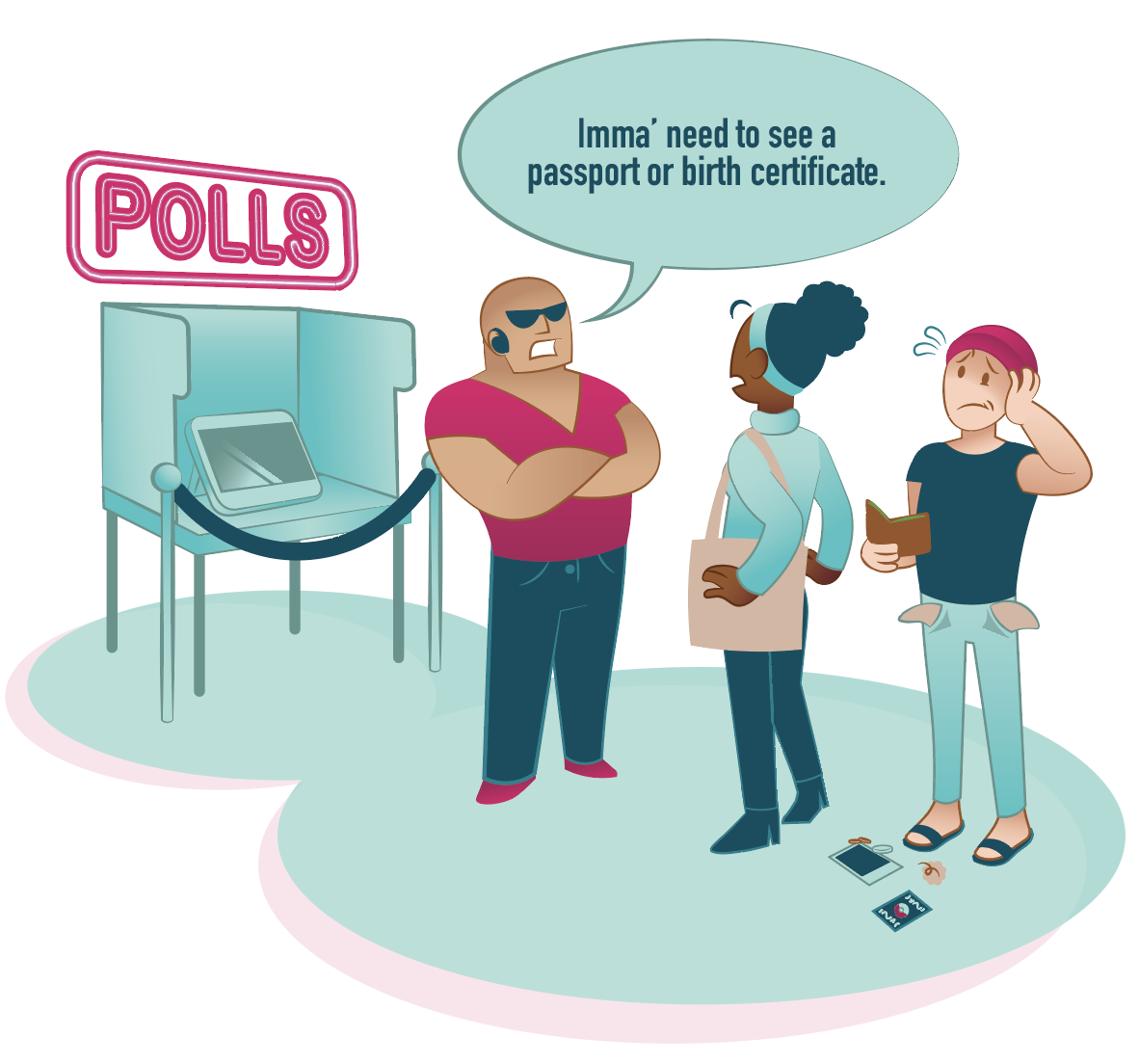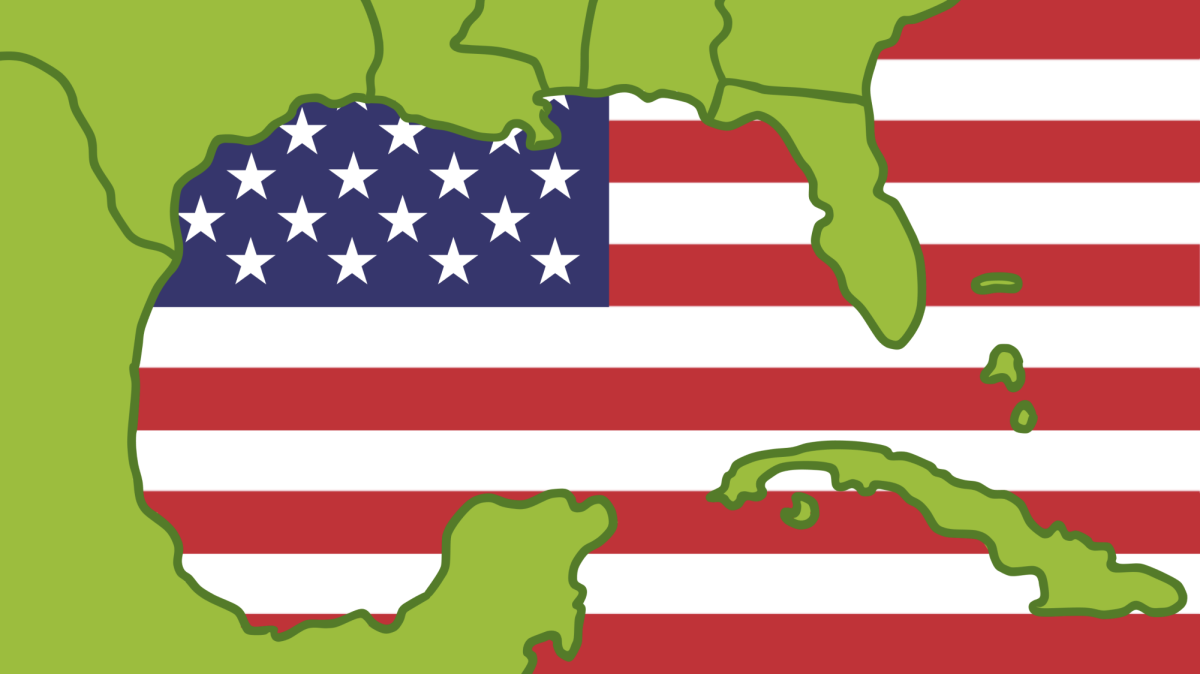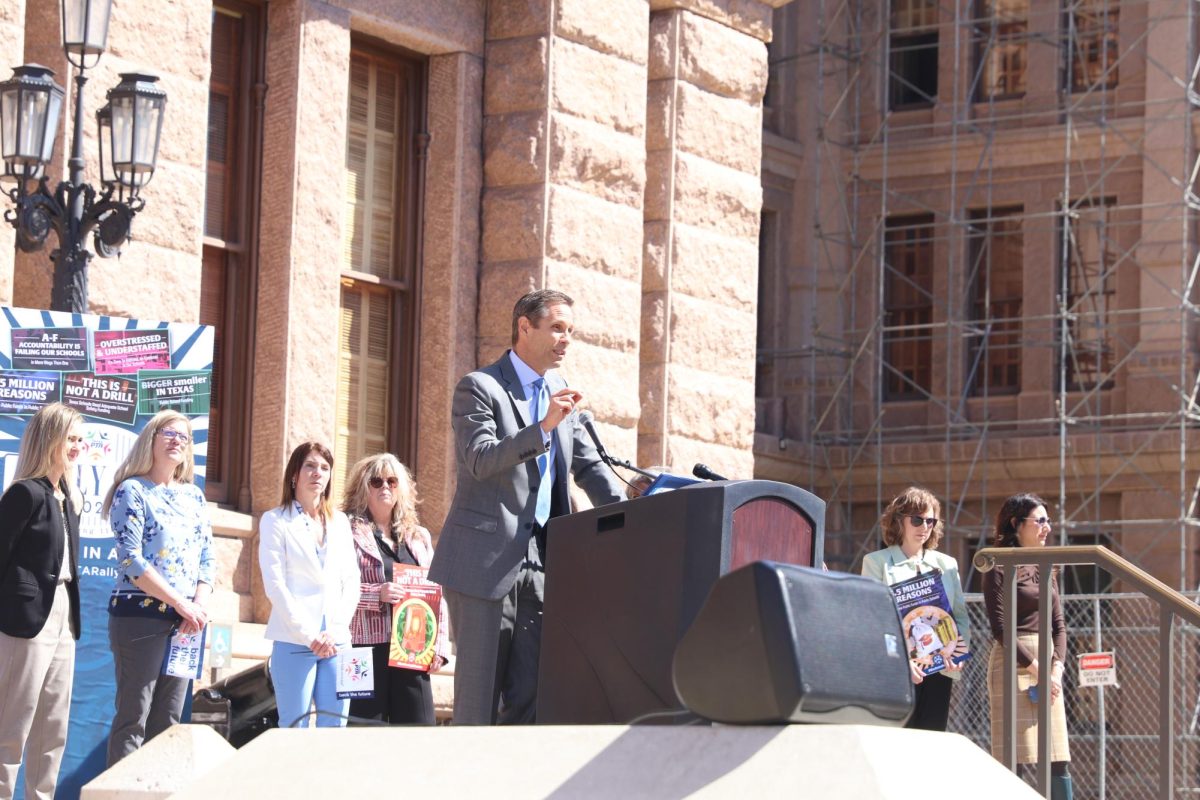Election day is quickly approaching on Tuesday, November 5. Voters in Travis County will be casting their votes to determine who will fill federal office positions as well as state and local positions. The nations’ next president, Texas state legislation, city council and school board members of Austin, the passing of Proposition A, and many other races will be on the ballot.
Voters will need to bring a valid form of identification to the polls. Accepted forms of voter identification issued from the Texas Department of Public Safety are a Texas driver’s license, Texas personal ID card, Texas handgun license, or a Texas election ID certificate. The three accepted forms of identification that don’t need to be DPS issued are a U.S. military ID card, U.S. citizenship certificate with voter’s photograph, or a U.S. passport. If a voter is unable to obtain an approved ID, they are able to sign a reasonable impediment declaration alongside a birth certificate, current utility bill, or paycheck when arriving at their voting location.
“I always have my driver’s license when I go to vote,” AP U.S. History teacher Dalton Pool said. “They take it and scan it real quick and it’s a very quick and pretty easy process”
In Travis County, voters are able to vote anywhere that is an established voting site and has a vote here/aquí sign. A location map of all available voting locations for Travis County can be found on votetravis.gov as well as an itemized list of voting locations with the name of the vote center, city, zip code, address, and room in the building where voting is being held. A bus icon located next to the zip code indicates if the location is accessible by city bus route. Some local voting centers will be at Randalls on Brodie Lane, Mills Elementary school, and Bowie High School.
“I’ll probably be voting at Randall’s,” senior Haley Himebaugh said. “And I’m hoping to go to early voting to avoid the crowds.”
Republican presidential candidate Donald Trump is running with his vice presidential candidate JD Vance against democratic presidential candidate Kamala Harris and her vice presidential candidate Tim Walz. Some of the issues Trump would address if elected are rebuilding the U.S. economy, securing borders, stopping crime, and support for veterans. Some issues Harris she would address if elected include tax cuts for the middle class, strengthen and bring down the cost of healthcare, and make rent more affordable.
“Making sure we vote for the candidates that are making these important decisions that affect our life at the national level is super important,” Pool said. “Voting is also a way to hold those elected leaders accountable.”
The position of U.S. Senator for Texas is on the ballot this November. Republican Ted Cruz, advocated for limited government, national security, and economic growth is running against Democrat Colin Allred, who has supported women’s reproductive rights, lowering the cost of healthcare, and in support of secure borders in Texas.
“When I’m researching who to vote for I’m looking at the candidates website,” senior Sienna Morris said. “I’m looking at what they’re saying they’ll do for the community and if their plans will benefit the community.”
Conducting research about the candidates prior to election day helps voters to really understand who they will be voting for and what they will do for the community they’ve been elected into office of.
“As Americans, voting is our way to voice our opinions,” Pool said. “It’s our way to voice what matters most to us, and what our priorities are.”




